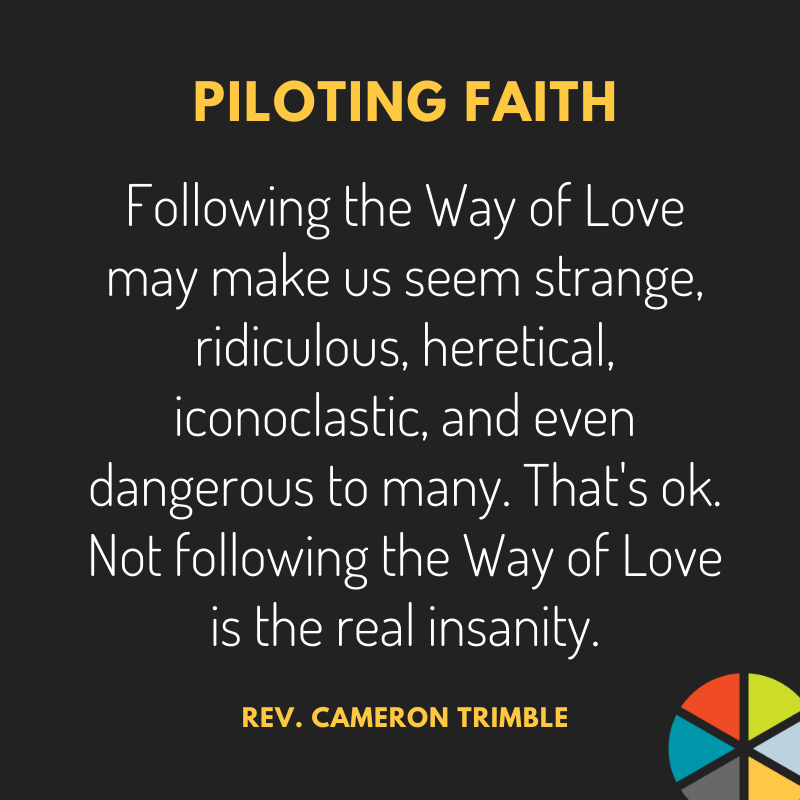In my recent studies in social transformation and trans-personal psychology, I’ve felt echoes of my theological training. It seems that the approaches of human development, psychology, and spirituality all suggest that over time we grow in awareness and awakening.
These approaches suggest that we move from a dualist mindset (the world is about me vs. you) to one of interdependence and unity (the world is about all of creation). We move from the illusion of separation to the recognition that all in the universe are united “in God.”
The way we know we’re on that path is by observing a shift in ourselves: We stop defending our “rightness” and start forgiving those who are at earlier stages of understanding. We forgive because we too were at less advanced stages, and we recognize ourselves in them.
For most of us, some form of suffering, loss, failure, or darkness leads us into deeper awareness and growth. Very little of institutional religion is honest about this. In fact, it’s the mystics and the outcasts who are undefended enough to pretend that it is otherwise. Mystics teach us that core to the human experience are periods of disorientation and confusion where we struggle with our own shadows and failures. It’s our willingness to become REAL that marks the transformation of our journeys.
Margery Williams Bianco writes beautifully about this in the children’s book, The Velveteen Rabbit. When the young rabbit asks the old skin horse about how to become real, he responds:
“Real isn’t how you are made,’ said the Skin Horse. ‘It’s a thing that happens to you. When a child loves you for a long, long time, not just to play with, but REALLY loves you, then you become Real.’
‘Does it hurt?’ asked the Rabbit.
‘Sometimes,’ said the Skin Horse, for he was always truthful. ‘When you are Real you don’t mind being hurt.’
‘Does it happen all at once, like being wound up,’ he asked, ‘or bit by bit?’
‘It doesn’t happen all at once,’ said the Skin Horse. ‘You become. It takes a long time. That’s why it doesn’t happen often to people who break easily, or have sharp edges, or who have to be carefully kept. Generally, by the time you are Real, most of your hair has been loved off, and your eyes drop out and you get loose in the joints and very shabby. But these things don’t matter at all, because once you are Real you can’t be ugly, except to people who don’t understand.”
Becoming “real” may make us seem strange, ridiculous, heretical, iconoclastic, and even dangerous to many. But in truth, denying the sacred journey toward wholeness is the true insanity.
We are in this together,
Cameron
